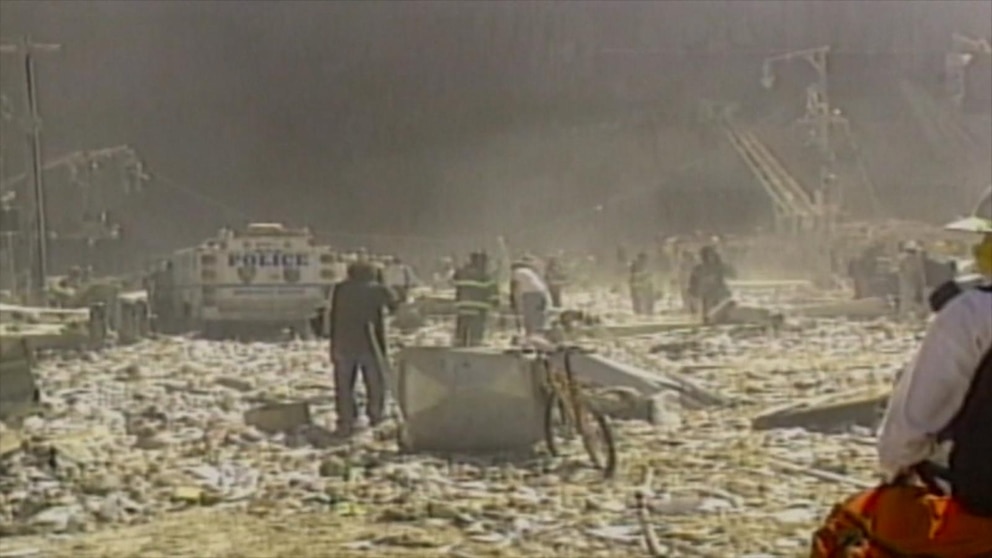Desperate Heroes Denied: 9/11 Health Program Turns Its Back on Critically Ill First Responders

In a devastating blow to 9/11 first responders and survivors, the World Trade Center Health Program has been forced to halt critical medical services. The program is now unable to certify new illnesses, enroll additional members, or approve life-saving treatments that have been a lifeline for thousands of individuals affected by the September 11 attacks.
This sudden stoppage means that first responders battling cancer, respiratory diseases, and other health conditions directly linked to Ground Zero exposure are facing an unprecedented medical crisis. Vital treatments like chemotherapy and lung transplants—which have been crucial in extending and saving lives—are now in jeopardy.
The suspension of these essential medical services comes at a time when many 9/11 survivors continue to grapple with long-term health challenges stemming from their heroic efforts during and after the terrorist attacks. The impact of this program interruption could be catastrophic for those who have already sacrificed so much.
Affected individuals and their families are now left in a state of uncertainty, desperately seeking alternative ways to continue their medical care and maintain hope in the face of significant health challenges.
